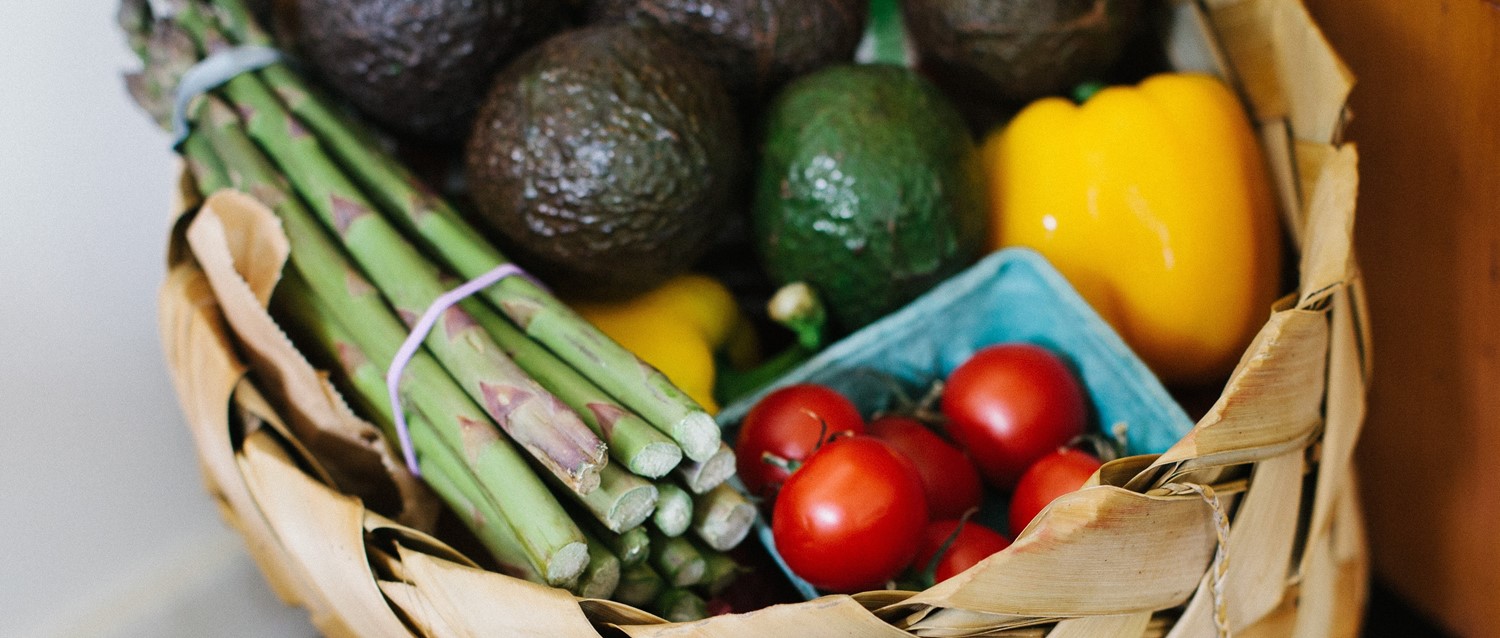
Does my diet really affect my immune system?
Peer reviewed by Dr Sarah Jarvis MBE, FRCGPLast updated by Allie AndersonLast updated 14 Oct 2020
Meets Patient’s editorial guidelines
- DownloadDownload
- Share
- Language
- Discussion
- Audio Version
'You are what you eat', as the saying goes. But just how much does what we eat impact the body's ability to fight off infection and keep us healthy - and can certain foods really boost our immune systems?
In this article:
Video picks for The immune system
Most people think of bacteria as germs that thrive in dirty environments, causing nasty diseases and harm.
But not all bacteria are created equal. In fact, some bacteria are not only good for us, they are also essential for us to stay healthy. And, just like the rest of the cells in our bodies, good bacteria rely on optimum nutrition to do their job.
Continue reading below
The microbiome
Every human being has millions of bacteria all over their body. They live on the surface of your skin, line your nose and throat, and cover the inside of your gastrointestinal tract - the long tube that starts at your mouth and ends at your back passage - known as the gut.
There are around 1,000 different bacteria in the gut, and they are found in the highest concentrations in the lower part, in the colon or bowel. Collectively, these colonies of gut bacteria are called the microbiome.
How does it affect our health?
The interplay between the gut microbiome and our overall health and well-being is a relatively new field of study, and scientists are learning more all the time. It's thought the microbiome could be linked with a number of conditions, including heart disease, Alzheimer's, and some types of cancer.
What we do know is that your gut microbiome has a crucial role to play in several of the body's systems. For example, it aids digestion and helps break down fibre from the diet that we can't digest. In doing so, it also produces fatty acids that we need to reduce inflammation, for the brain and muscles to work, and to lower cholesterol and blood glucose.
Vitamins and nutrients
The microbiome also synthesises essential vitamins, like B2 (riboflavin), B3 (niacin), B12, K and folate. Furthermore, it is tasked with helping the immune system to safeguard against dangerous, disease-causing bacteria, and boosting numbers of the blood cells we need to fight infections.
Fuelling the gut microbiome in the right way, with the most effective nutrients, powers it up to perform these functions. In other words, your diet directly affects your gut health and in turn, your immunity to disease.
Feeding the immune system
Back to contents"Every cell in your body is made from the food you eat, and your immune system is no different," explains consultant dietician Sophie Medlin. "We need our immune system to be as effective as possible when we come across bacteria and viruses, and it requires a constant daily intake of nutrients in order to fulfil this need."
The microbiome is incredibly diverse, so a healthy, balanced diet is necessary to keep it in good shape. But mixing things up is also important.
"There are many different species of beneficial bacteria and they all like to eat different food," says Medlin. "For that reason, dietary variety is key, especially eating a variety of plants. Many of us get stuck in the rut of buying and eating the same fruits and vegetables over and over, so try to add one or two new ones each week to support your internal immune system."
Continue reading below
Getting enough fibre
Back to contentsAccording to the British Dietetic Association, a key nutrient for diversifying and boosting gut bacteria is fibre. The Association's advice, like Medlin's, is to include a range of sources of fibre in your diet every day.
Sometimes, fibre is categorised as either soluble, which is found in foods like fruit, beans and oats, or insoluble, of which whole grains, wheat bran and nuts are a source. But as a general rule, any food that is rich in fibre contains both types.
The recommended daily intake of dietary fibre for adults is 30 g per day, but most of us struggle to consume two thirds of that. Children also tend to eat less fibre than they need: 15 g a day for two to five-year-olds; 20 g for five to 11-year-olds; and 25 g for those aged 11 to 16.
Thankfully, it's easy to include more fibre in our diets - and it needn't mean a huge change to what you eat. A literature review published earlier this year concluded that just 6 g extra a day could influence the microbiome and have a demonstrable benefit to our health.
That's the equivalent of one bowl of high-fibre breakfast cereal or two slices of thick-cut wholemeal bread. If you don't fancy those choices, you can opt for potatoes with their skins on, wholegrain pasta, beans and pulses, vegetables, fruits, seeds, and nuts.
A word of caution
Back to contentsJust because evidence supports the role of diet in keeping our immune systems working well, it's important to note that no such evidence exists that any particular diet or supplement can protect against COVID-19.
"It's a completely new virus so we don't have any answers yet," Medlin highlights. "Our best bet is to do the things we know support our overall immune health: don't fall for any product or service that is profiting from our collective fear."
Patient picks for The immune system

Allergies, blood and immune system
These are the worst things you can do for your immune system
Plummeting temperatures and damp air provide an ideal environment for germs to spread. Less sunlight can also deplete our levels of vitamin D, leaving our immune systems more susceptible to these bugs.
by Allie Anderson

Allergies, blood and immune system
How to naturally boost your immune system
When the winter months arrive, so do viruses like colds and flu - and our immune systems have to work to fight them off. But how do our immune systems work to tackle germs - and what can you do to support it?
by Lydia Smith
Continue reading below
Article history
The information on this page is peer reviewed by qualified clinicians.
14 Oct 2020 | Latest version

Ask, share, connect.
Browse discussions, ask questions, and share experiences across hundreds of health topics.

Feeling unwell?
Assess your symptoms online for free
Sign up to the Patient newsletter
Your weekly dose of clear, trustworthy health advice - written to help you feel informed, confident and in control.
By subscribing you accept our Privacy Policy. You can unsubscribe at any time. We never sell your data.